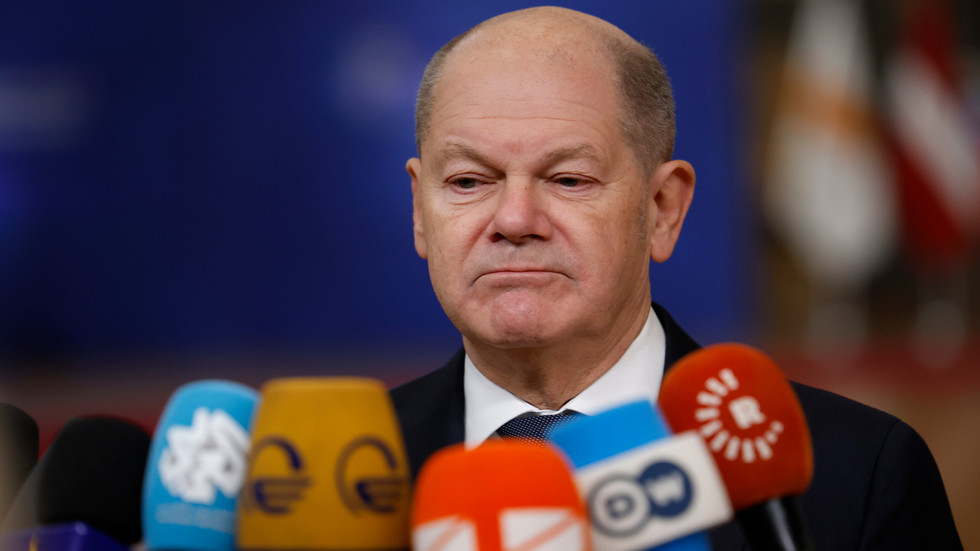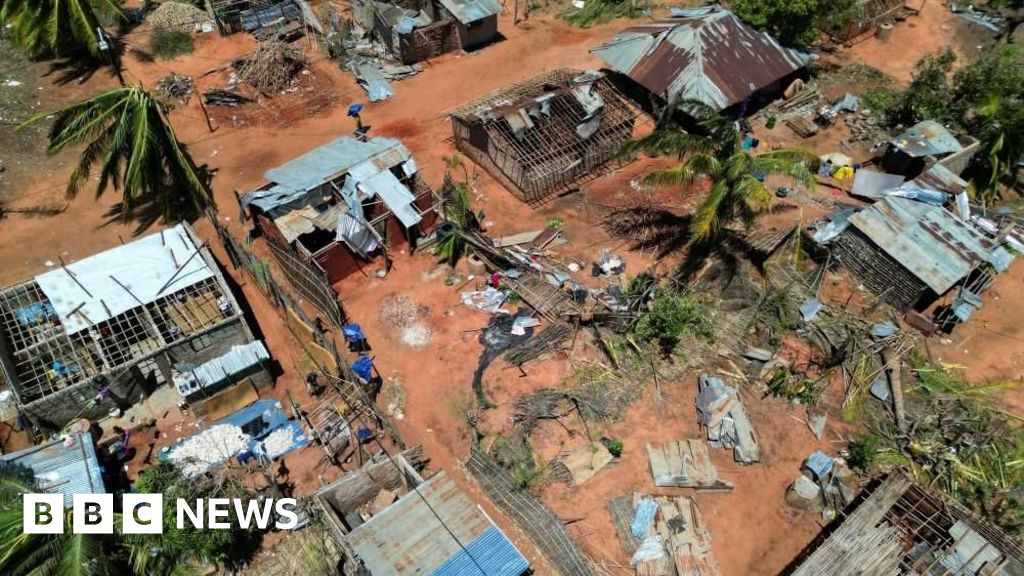You have a preview view of this article while we are checking your access. When we have confirmed access, the full article content will load.
The Persian Gulf nation has instituted rolling blackouts to cope with surging summer electricity demand, stirring frustration among citizens.

By Yasmena Almulla and Vivian Nereim
Yasmena Almulla reported from Kuwait City, and Vivian Nereim from Riyadh, Saudi Arabia.
Sept. 8, 2024, 12:01 a.m. ET
Kuwait, perched atop around 6 percent of global oil reserves, is one of the world’s wealthiest states and a major energy exporter.
But in June, as soaring temperatures strained the country’s electrical grid, a Kuwaiti elementary school teacher, Shaikha al-Shammari, found herself leading lessons in the dark when the power suddenly cut out. Last month, she went home to find her own children struggling to cope after the electricity went out there, too, shutting off the air-conditioning.
And Mishari al-Olyan, 40, a lawyer, said the rolling blackouts that the government had resorted to recently as electricity demand surged were a “catastrophe.” His father needs an oxygen tank to breathe — and the tank needs electricity to operate, he said. So now he makes sure he has a spare machine charged and ready.
“Since when does a country like Kuwait have electricity cuts?” he asked.
The country’s power problems have many causes. As the planet warms, soaring demand has outpaced the capacity of the existing electrical grid, while bureaucratic delays have stymied efforts to expand it. Kuwait has also largely shifted away from burning oil to generate power — a more polluting method — in favor of natural gas. And since the country produces relatively little natural gas, it needs to import it.
The blackouts in Kuwait this summer underscore the challenges that even affluent countries in the region face as climate change reorders life across the Middle East. In April, heavy rains caused severe flooding in Dubai, wreaking havoc at its international airport. And in June, heat waves contributed to the death of more than 1,300 people making the annual hajj pilgrimage in Saudi Arabia.
Summer blackouts are not new in Kuwait; they have occurred regularly since 2006. But this year, the ministry of electricity, water and renewable energy has increased scheduled power cuts, and Kuwaitis say it feels like the electricity is going out more often.

.png) 3 months ago
32
3 months ago
32









